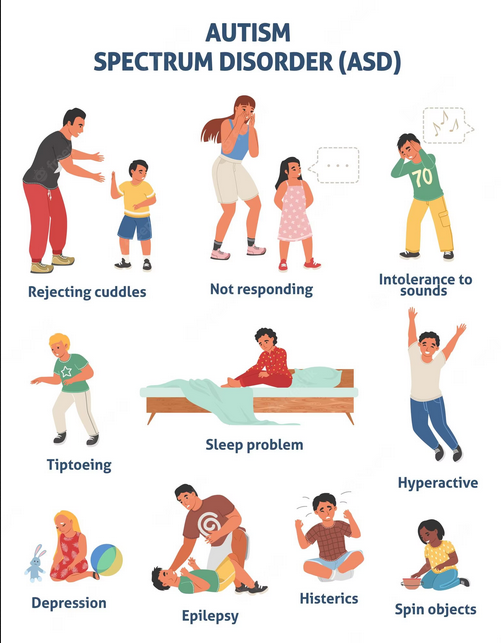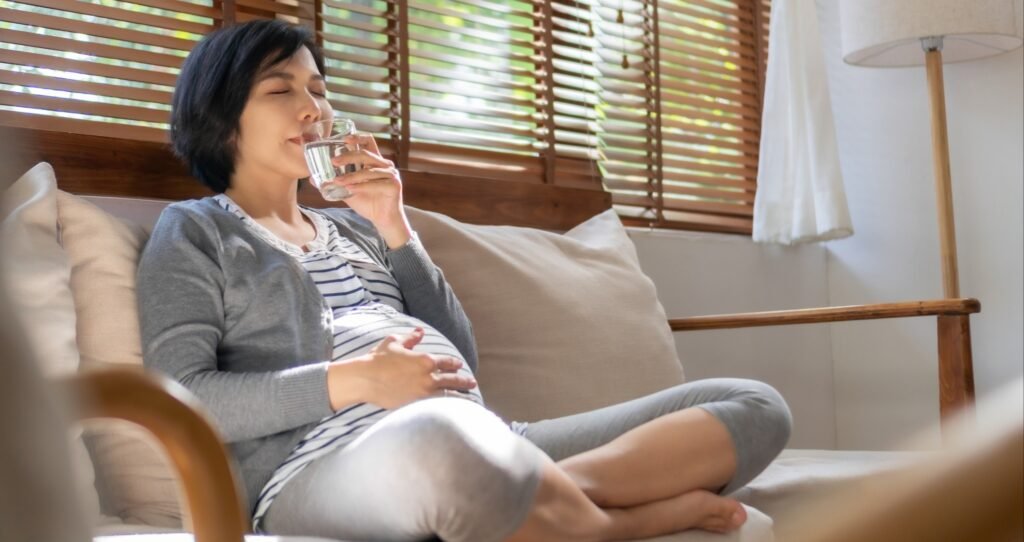A new research from the University of Los Angeles, has discovered a correlation between autism and naturally occurring lithium in drinking water — but there are some significant limitations.

According to a press statement, the research looked at data from Denmark and discovered a link between pregnant women drinking water with greater levels of lithium and a “moderately higher risk” — up to 46 percent — of having children with autism spectrum disorder (ASD).
On the surface, that appears to be quite intriguing. However, the subject of possible origins of autism is especially contentious. Occasionally, studies on possible causes of autism emerge, but the general clinical agreement remains that, like depression, no one knows precisely what causes ASD.

Just because there’s a correlation between two things doesn’t mean that one of them causes the other one. The classic example is that you can easily look at real-world data and conclude that there’s a strong association between ice cream sales and drowning.

Does that mean that ice cream causes drowning? Of course not — it’s that people swim more and eat more ice cream in the summer.
This is yet another convincing argument. If there was a true connection between lithium intake by mothers and ASD in their children, it would almost definitely be evident from decades of data involving mothers who took lithium as medication, as many people still do. Why would low, naturally-occurring doses have an effect when higher medical doses appear to have none?
Furthermore, the research did not include any new bloodwork or medical examinations, instead relying entirely on current data that every Danish resident is obliged by law to provide. This type of evidence can be useful in establishing an initial connection, but it is insufficient to disprove what doctors presently think about ASD. As always, more research is needed.
Reference- Journal of the American Medical Association Pediatrics, University of Los Angeles PR, Nature, The Lancet






